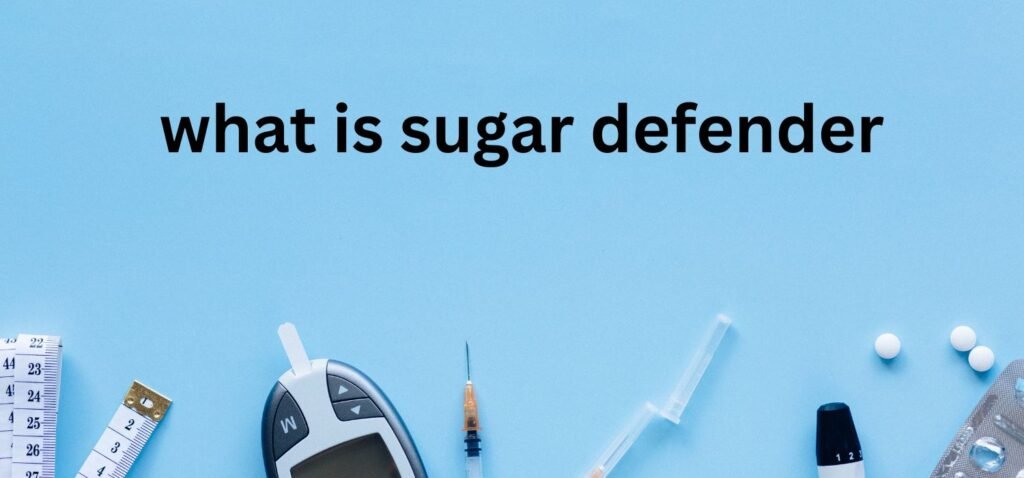Diet plays a crucial role in not only physical health but also mental well-being. Emerging research suggests that certain foods and nutrients can influence mood, cognitive function, and overall mental health. By incorporating mood-boosting foods into your diet, you can support emotional resilience, enhance brain function, and promote a positive outlook on life. In this guide, we’ll explore the connection between diet and mental well-being and highlight some foods that can help uplift your mood.
Understanding the Diet-Mood Connection
Nutrient Deficiencies: Inadequate intake of essential nutrients such as omega-3 fatty acids, vitamins B6, B12, and D, folate, and minerals like iron and zinc, can contribute to mood disorders such as depression and anxiety.
Gut-Brain Axis: The gut microbiota, or the community of microorganisms living in the digestive tract, plays a vital role in regulating mood and mental health. A balanced diet rich in fiber, prebiotics, and probiotics supports a healthy gut microbiome, which in turn influences brain function and mood.
Inflammation and Oxidative Stress: Chronic inflammation and oxidative stress, often driven by poor dietary choices and lifestyle factors, can negatively impact brain health and contribute to mood disorders.
Mood-Boosting Foods to Include in Your Diet
1. Fatty Fish: Rich in omega-3 fatty acids, fatty fish such as salmon, mackerel, sardines, and trout, support brain health and may help reduce symptoms of depression and anxiety.
2. Leafy Greens: Dark, leafy greens like spinach, kale, and Swiss chard are packed with folate, a B-vitamin essential for neurotransmitter synthesis and mood regulation.
3. Berries: Berries such as blueberries, strawberries, and raspberries are high in antioxidants and phytochemicals that protect brain cells from oxidative stress and support cognitive function.
4. Nuts and Seeds: Nuts and seeds, including walnuts, almonds, chia seeds, and flaxseeds, provide essential nutrients like magnesium, zinc, and omega-3 fatty acids that support mood and brain health.
5. Whole Grains: Whole grains like oats, quinoa, brown rice, and barley are rich in fiber and B-vitamins, which support stable blood sugar levels and promote serotonin production, a neurotransmitter that regulates mood.
6. Fermented Foods: Fermented foods such as yogurt, kefir, kimchi, sauerkraut, and miso contain beneficial probiotics that support gut health and may have positive effects on mood and mental well-being.
7. Dark Chocolate: Dark chocolate contains flavonoids and other compounds that have been shown to improve mood, reduce stress, and enhance cognitive function. Choose dark chocolate with a high cocoa content for maximum benefits.
8. Legumes: Legumes like beans, lentils, and chickpeas are rich in protein, fiber, and nutrients like folate and magnesium, which support neurotransmitter function and mood regulation.
Tips for Incorporating Mood-Boosting Foods Into Your Diet
- Include a Variety of Foods: Eat a diverse range of nutrient-rich foods from all food groups to ensure you’re getting a wide array of vitamins, minerals, and phytonutrients that support mood and brain health.
- Focus on Whole Foods: Prioritize whole, minimally processed foods over highly processed and refined products, as they tend to be higher in nutrients and lower in added sugars and unhealthy fats.
- Plan Balanced Meals: Plan balanced meals that include a combination of protein, healthy fats, fiber-rich carbohydrates, and plenty of fruits and vegetables to provide sustained energy and support mood stability.
- Snack Wisely: Choose nutrient-dense snacks such as nuts, seeds, Greek yogurt, fruit, and vegetables with hummus to keep your energy levels stable and avoid mood swings.
- Stay Hydrated: Drink plenty of water throughout the day to stay hydrated, as even mild dehydration can affect mood, cognitive function, and overall well-being.
The 7 types of mental.
Mental health encompasses a wide range of conditions that affect our emotional, psychological, and social well-being. There are seven main types of mental that are commonly diagnosed by mental health professionals. These include anxiety disorders, mood disorders, psychotic disorders, eating disorders, personality, trauma-related disorders, and substance abuse disorders.
Anxiety disorders are characterized by excessive worry, fear, or nervousness that can interfere with daily activities. Common types of anxiety include generalized anxiety disorder, panic disorder, social disorder, and phias. Treatment for anxiety disorders often includes therapy, medication, or a combination of both.
Mood disorders, such as depression and bipolar disorder, involve persistent feelings of sadness, hopelessness, or extreme mood swings. These conditions can impact a person’s ability to function in their daily life and may require ongoing treatment. Therapy, medication, and lifestyle changes are often recommended for individuals with mood disorders.
Psychotic disorders, such as schizophrenia, involve a loss of touch with reality, hallucinations, and delusions. These conditions can be severe and may require long-term treatment and support. Medication, therapy, and support services are often used to help individuals manage psychotic disorders.
Eating disorders, such as anorexia nervosa, bulimia nervosa, and binge-eating disorder, involve relationships with food, body image, and weight. These conditions can have serious physical and emotional consequences and require specialized treatment from a team of healthcare professionals. Therapy, nutrition counseling, and medical monitoring are often part of the treatment plan for eating disorders.
Personality disorders are characterized by unhealthy patterns of thinking, feeling, and behaving that can cause distress or impairment in social, occupational, or other areas of functioning. Types of personality disorders include borderline personality disorder, narcissistic personality disorder, and antisocial personality disorder. Therapy, medication, and lifestyle changes may be recommended for individuals with personality disorders.
Trauma-related disorders, such as post-traumatic stress disorder (PTSD) and acute stress disorder, occur in response to a traumatic event or series of events. Symptoms may include flashbacks, nightmares, and avoidance of triggers related to the trauma. Treatment for trauma-related disorders often involves therapy, medication, and other trauma-focused interventions.
Substance abuse disorders involve the misuse of drugs or alcohol, leading to physical and psychological dependence. These conditions can have serious consequences for a person’s health, relationships, and overall well-being. Treatment for substance abuse disorders may include detoxification, therapy, support groups, and medication-assisted treatment.
Conclusion
The foods you eat can have a profound impact on your mood, cognitive function, and overall mental well-being. By focusing on a balanced diet rich in nutrient-dense foods like fatty fish, leafy greens, berries, nuts, seeds, whole grains, fermented foods, and dark chocolate, you can support a positive mood and promote emotional resilience. Incorporate these mood-boosting foods into your meals and snacks to nourish your body and uplift your spirit.
FAQ on Diet and Mental Well-being
Q1: Can certain foods worsen mood or contribute to mental health issues? A1: Highly processed foods high in sugar, unhealthy fats, and artificial additives may negatively impact mood, cognitive function, and mental health. Limiting these foods and focusing on whole, nutrient-dense options is beneficial.
Q2: How quickly can changes in diet affect mood? A2: While individual responses may vary, some people may notice improvements in mood and energy levels within a few days to weeks of adopting a healthier diet, especially if they were previously deficient in essential nutrients.
Q3: Are there specific diets that are recommended for improving mental health? A3: Diets such as the Mediterranean diet, DASH diet (Dietary Approaches to Stop Hypertension), and the MIND diet (Mediterranean-DASH Intervention for Neurodegenerative Delay) have been associated with improved mental well-being and reduced risk of depression and cognitive decline.
Q4: Can supplements help improve mood and mental well-being? A4: While supplements may be beneficial for individuals with specific nutrient deficiencies or dietary restrictions, it’s generally best to obtain nutrients from whole foods whenever possible, as they contain a complex mix of nutrients and phytochemicals that work synergistically to support health. If considering supplements, consult with a healthcare professional for personalized recommendations.





